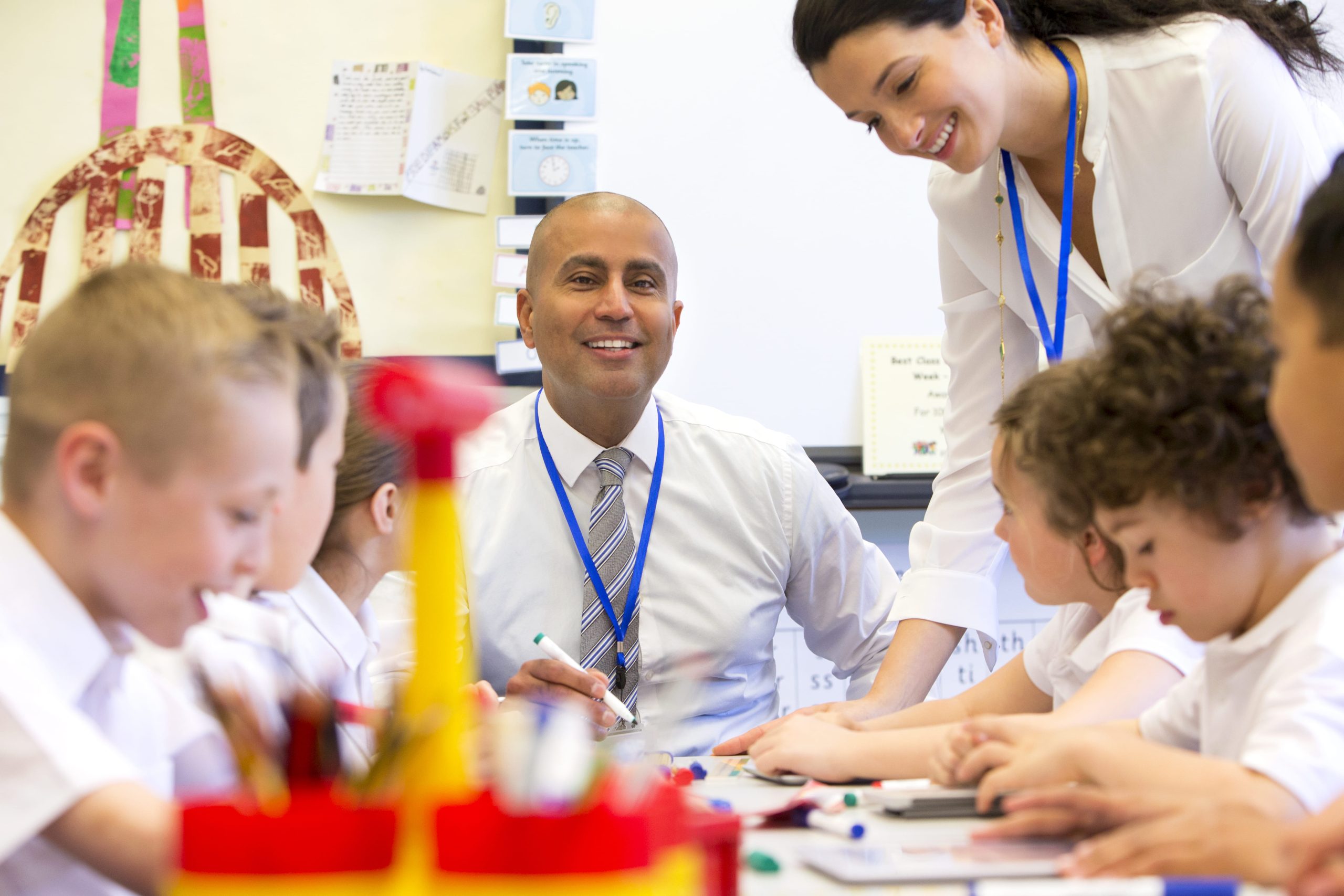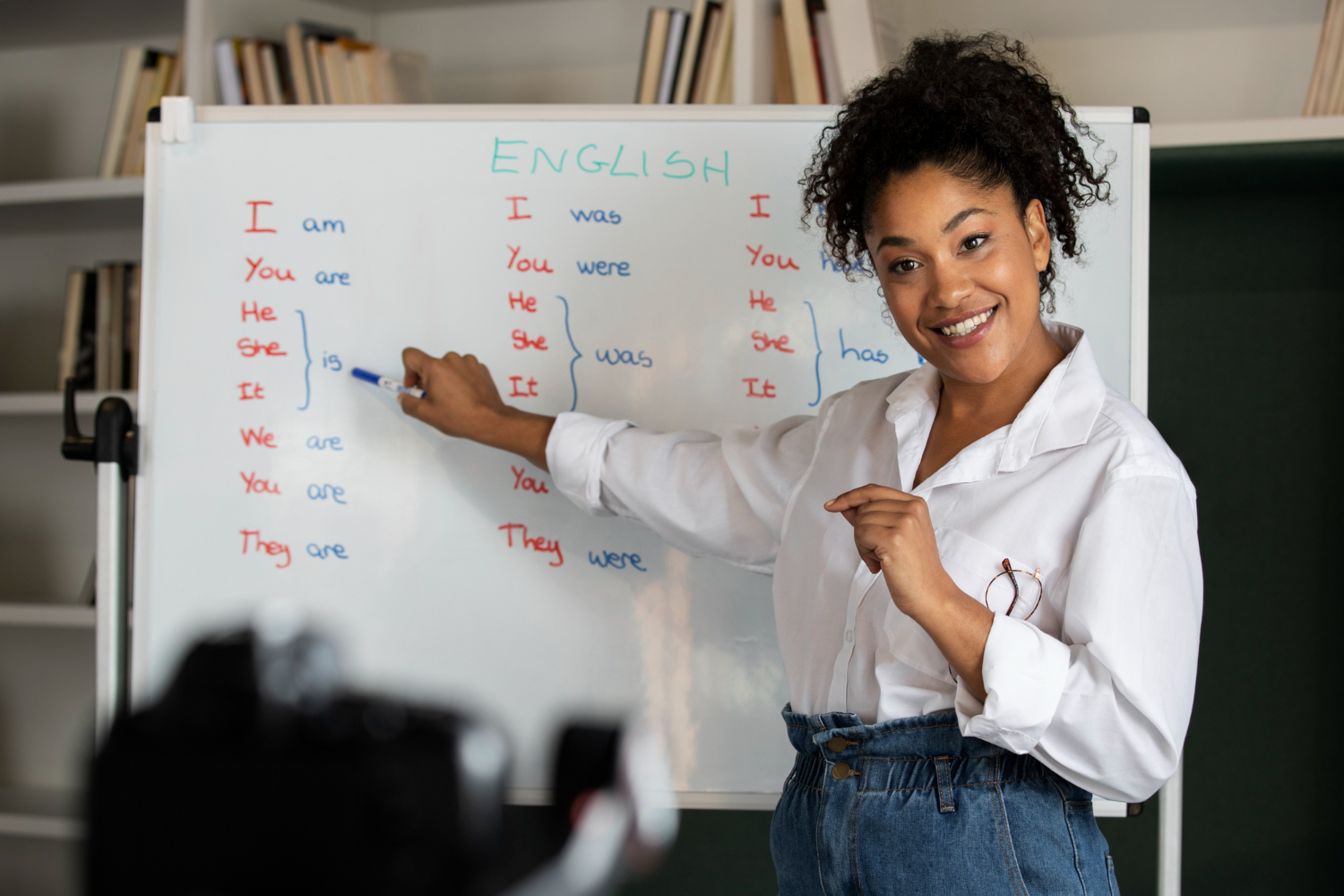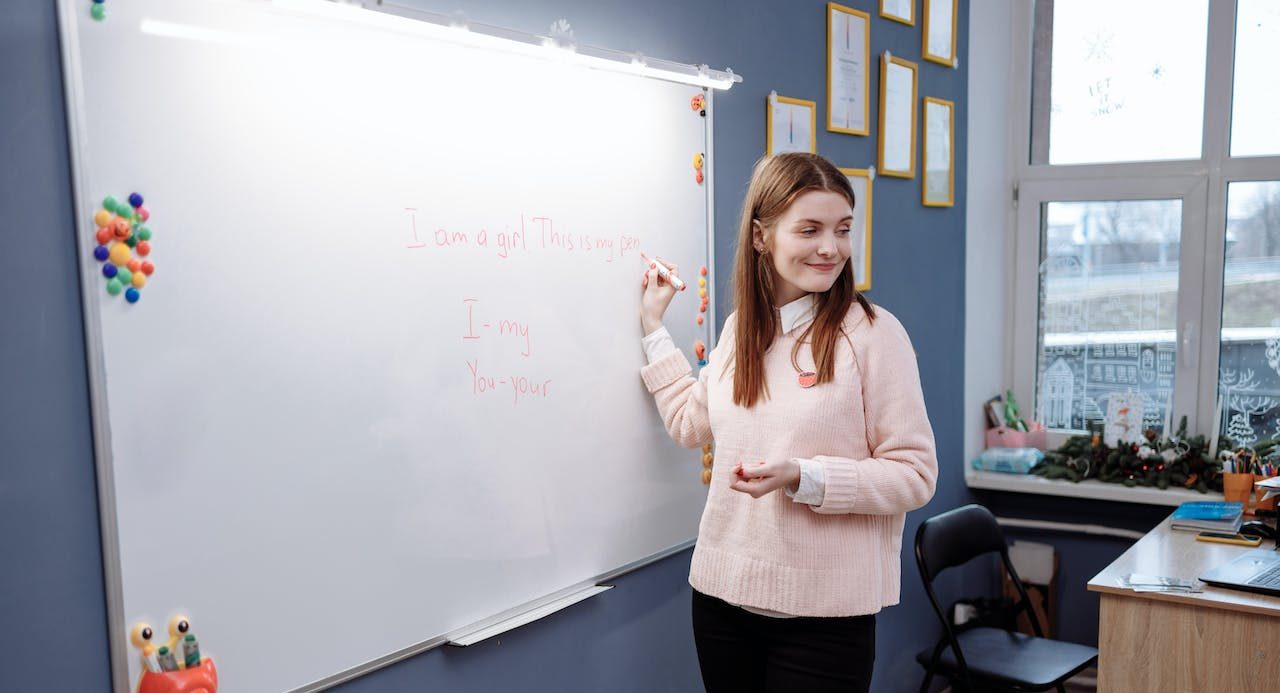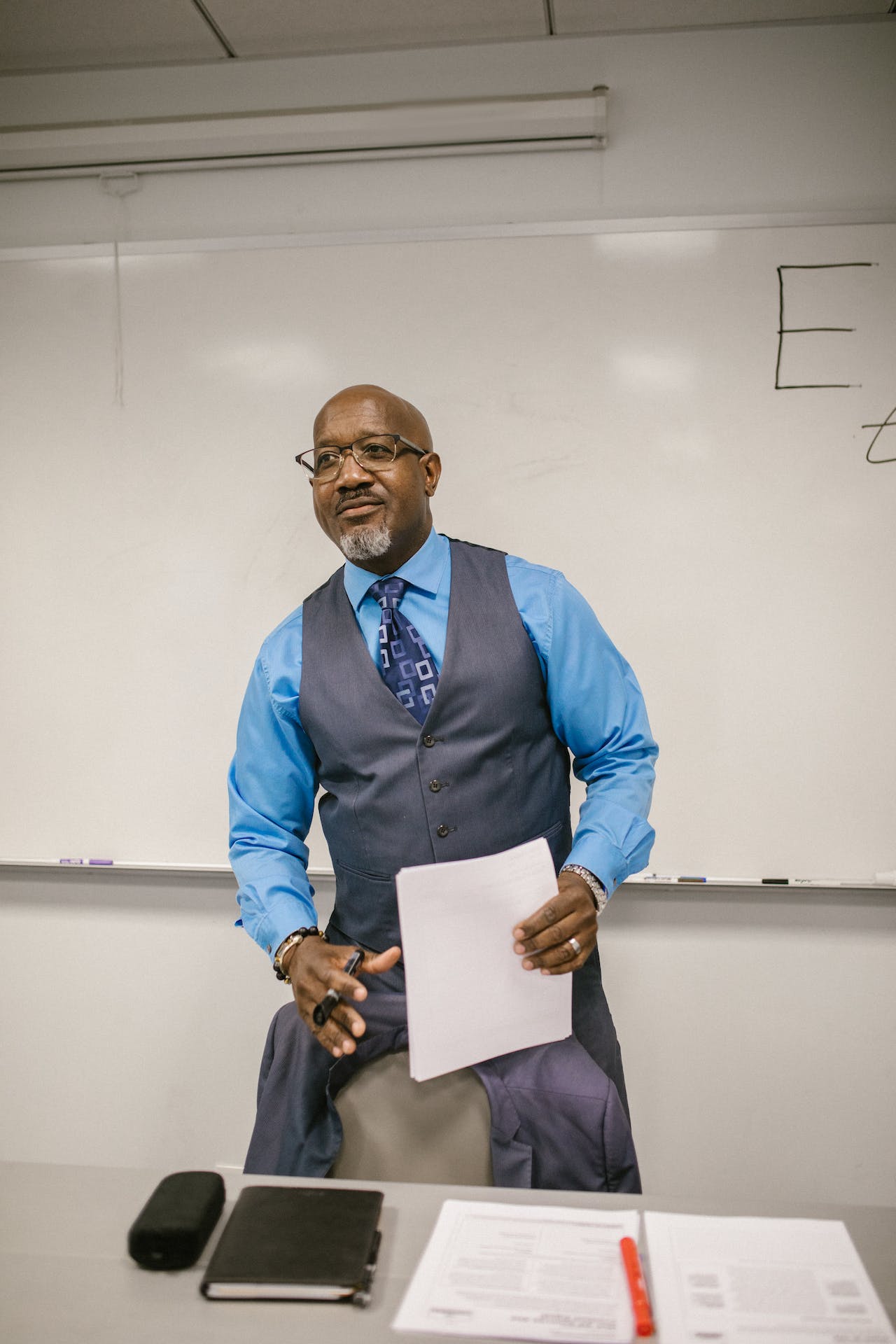Key attributes of a good Primary School Teacher
Primary teachers work with children from the ages of 4 to 11, through Early Years Foundation Stage (EYFS), Key Stage 1 (KS1) and Key Stage 2 (KS2). Their job is to teach and develop pupils’ academic and social skills whilst also assessing and recording progress. To do this successfully the following attributes are needed:
Qualifications
To be successful as a Teacher you must have the necessary knowledge, skills and qualifications. However, it is also about being competent in putting your training into practice to teach your pupils basic skills, pass on knowledge effectively, and control a class of young children.
Motivation
If you can be enthusiastic and imaginative in your teaching methods, that excitement will encourage pupils to be motivated in their learning. Working as a Teacher each day is different – staying motivated with new ideas, teaching techniques and activities, will keep it interesting for you and your pupils.
Communication
Good communication skills are essential. This is a two-way process: to share your knowledge with your pupils in an appropriate way, and to observe and listen to your pupils so you know their individual needs. You need to be on the same wavelength as the children, to understand how they think, and be able to develop the best ways of teaching new things so they will remember and learn. It is also important to be able to communicate well with colleagues to plan and coordinate work and with parents or carers to provide feedback about their child.
Organisation
Having an organised classroom creates a positive learning environment for your pupils and being well organised with planning enables you to deliver lessons more effectively. Preparation can also help you be more ready to deal with potential problems. Good time management is part of being well organised and is necessary both in the classroom and when completing the various administrative tasks that are part of a Teacher’s responsibility.
Adaptability
A good Teacher must be flexible. You may need to adapt the subject and teaching style depending on the children you are teaching. However much you prepare, things will often happen that mean you have to adjust your plans. Being well organised and keeping a positive attitude will help you to be more open to change.
Patience
Patience is a necessity for Teachers, whether it is teaching a new concept, getting a class of excited children to calm down or dealing with a behavioural issue. A Primary Teacher should be sensitive to the needs of their class and those of each child, developing a good understanding of how each individual learns.








